Tech Trends in Farm Management: What’s Making Life Easier
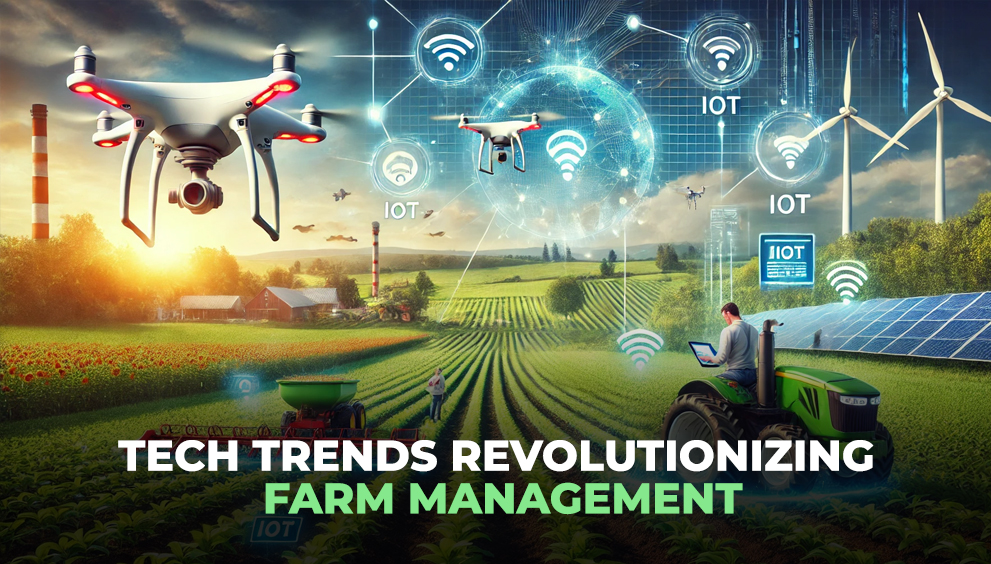
In today’s fast-evolving agricultural landscape, technology is not just a tool—it’s the cornerstone of modern farm management. With the growing demands of large-scale farming, innovations in technology are making complex tasks more manageable, efficient, and sustainable. Let’s explore some of the most influential tech trends that are simplifying farm operations and transforming the future of agriculture.
AI-Powered Analytics: A New Era of Decision-Making
Artificial intelligence (AI) has become the driving force behind data-driven decision-making in farm management. AI-powered analytics help farmers and farm managers sift through vast amounts of data to gain real-time insights into crop health, resource utilization, and environmental conditions. By processing this data, AI models can identify patterns, predict issues, and recommend actions for optimizing yields and minimizing risks.
- Real-time insights: AI offers predictive analytics that helps manage resources efficiently.
- Automated alerts: Early detection of crop diseases or nutrient deficiencies to prevent major losses.
Automation: Less Work, More Efficiency
Automation is revolutionizing the agricultural sector, reducing the strain on labor resources while increasing operational efficiency. Automated machinery like drones, tractors, and harvesters are handling time-consuming tasks such as planting, irrigating, and harvesting with high precision. This allows farm managers to focus on higher-level strategy and management rather than getting bogged down by daily manual tasks.
- Automated irrigation systems: Optimize water usage, ensuring the right amount is applied at the right time.
- Robotic harvesters: Increase efficiency and reduce labor costs in crop harvesting.
Precision Farming: Boosting Yields with Accuracy
Precision farming techniques are transforming traditional farming methods by allowing farmers to use data to optimize every aspect of their operations. With technologies like GPS, IoT sensors, and drones, farm managers can monitor field conditions with exceptional accuracy. This approach allows for targeted interventions in soil health, irrigation, and nutrient management, helping to increase yields while minimizing input costs.
- Geo-referenced data: Helps optimize field management by identifying variations in soil type, moisture levels, and pest presence.
- Optimized resource allocation: Ensures precise amounts of fertilizer and water are used, improving efficiency and sustainability.
Internet of Things (IoT): Connecting Everything on the Farm
IoT devices are a game-changer in farm management. By connecting various sensors and devices across the farm, IoT enables continuous monitoring of crop conditions, weather patterns, and soil health. These sensors feed real-time data back to the farm management system, creating a comprehensive, up-to-date picture of the farm’s health.
- Soil moisture sensors: Allow for precise water management, reducing waste and improving crop growth.
- Climate sensors: Provide real-time information on weather conditions, helping farmers plan for changes like sudden rainfall or frost.
Advanced Monitoring Systems: Proactive Problem Solving
Monitoring technologies such as drones, satellite imagery, and AI-powered cameras enable farm managers to track crop health in real-time. These systems can detect potential problems like pest infestations, diseases, or nutrient deficiencies before they escalate into larger issues. By providing early alerts, farmers can take immediate action to mitigate damage and reduce the risk of crop loss.
- Remote sensing: Drones and satellites can detect stress signals in plants, pinpointing areas in need of attention.
- AI-driven diagnostics: Automated systems analyze images and data to diagnose plant health issues quickly.
Sustainable Technologies: The Future of Eco-Friendly Farming
As the agricultural industry faces growing pressure to meet sustainability goals, technology is playing a pivotal role in making farming practices more environmentally friendly. Innovations in renewable energy, waste management, and sustainable production techniques are helping farms reduce their carbon footprints and operate in harmony with the environment.
- Solar-powered irrigation: Reduces reliance on fossil fuels while providing a sustainable solution for water distribution.
- Waste-to-energy systems: Convert agricultural waste into renewable energy, reducing environmental impact.
Blockchain for Farm-to-Table Transparency
Blockchain technology is also making waves in the agricultural sector by providing secure, transparent, and traceable supply chains. This technology allows consumers to trace their food back to its origin, ensuring ethical farming practices, fair trade, and high-quality standards. It also facilitates better payment processing, improving financial transparency for farm managers and suppliers.
- Supply chain transparency: Blockchain ensures each step in the farming process is documented and transparent.
- Better traceability: Enables consumers to verify the origin of their food, increasing trust in the food production process.
Looking Toward the Future: A Smarter Agricultural Landscape
These emerging tech trends are shaping the future of farm management, driving efficiency, productivity, and sustainability. As technology continues to evolve, it will further redefine how farmers approach their operations, enabling them to adapt quickly to changing conditions while maximizing their resources.
By embracing these innovations, farm managers can navigate the complexities of modern agriculture with ease, ensuring that their operations are both profitable and sustainable. The integration of these technologies will help pave the way for a new era of agriculture—one where technology and nature work together to create a more resilient, productive farming future.


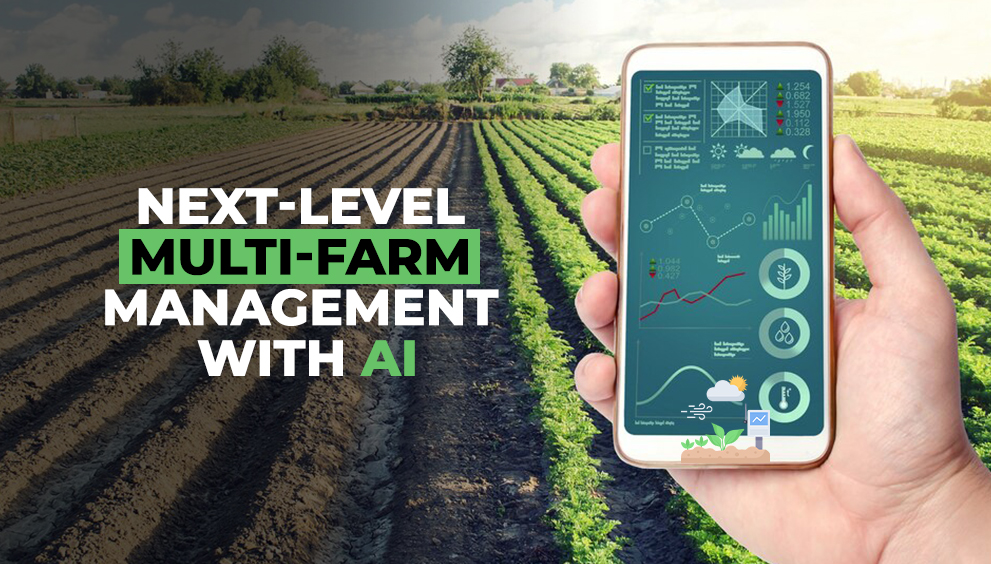
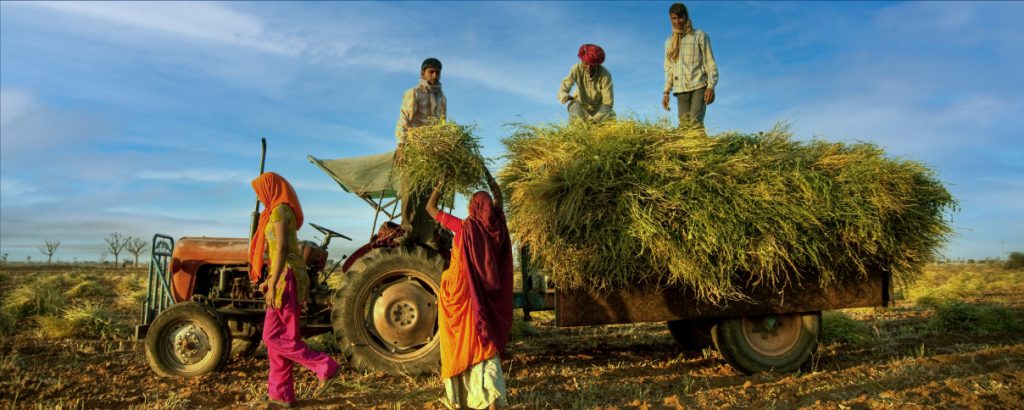
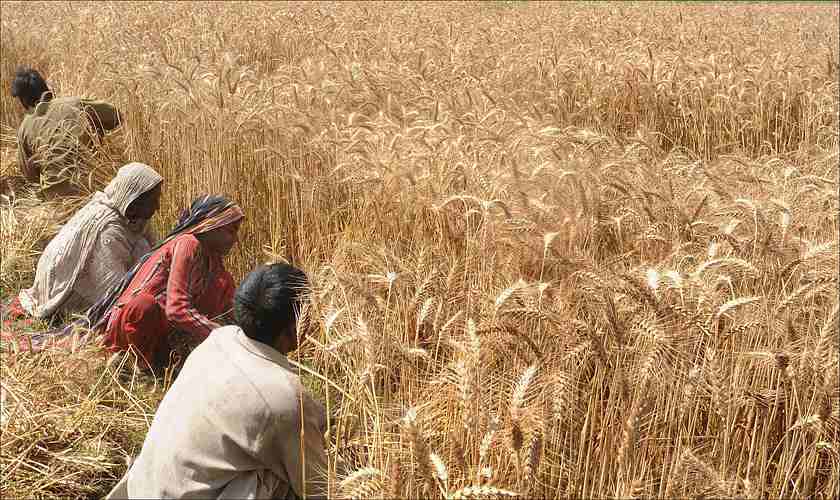
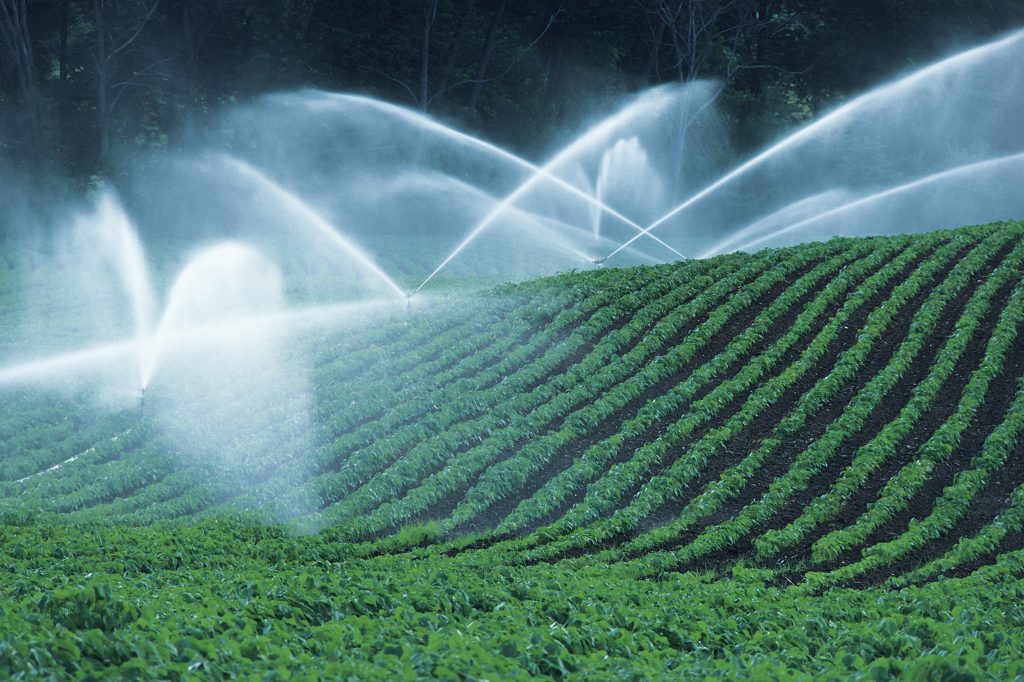

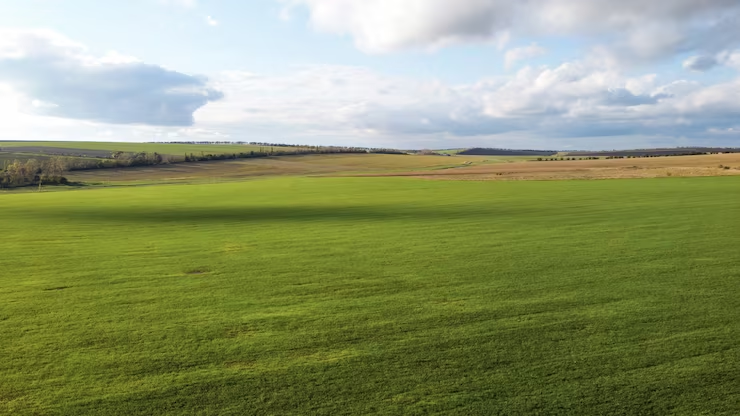
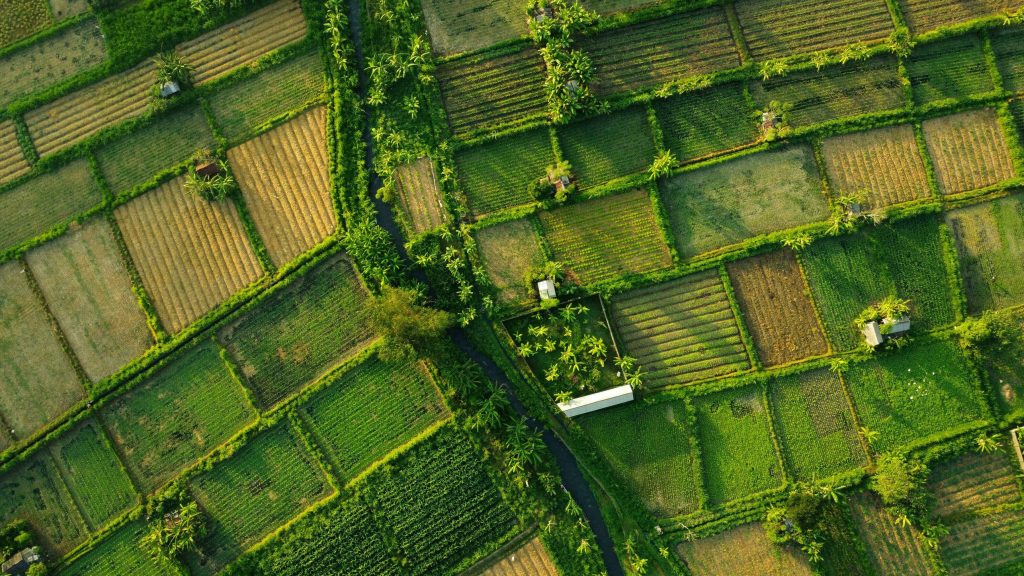
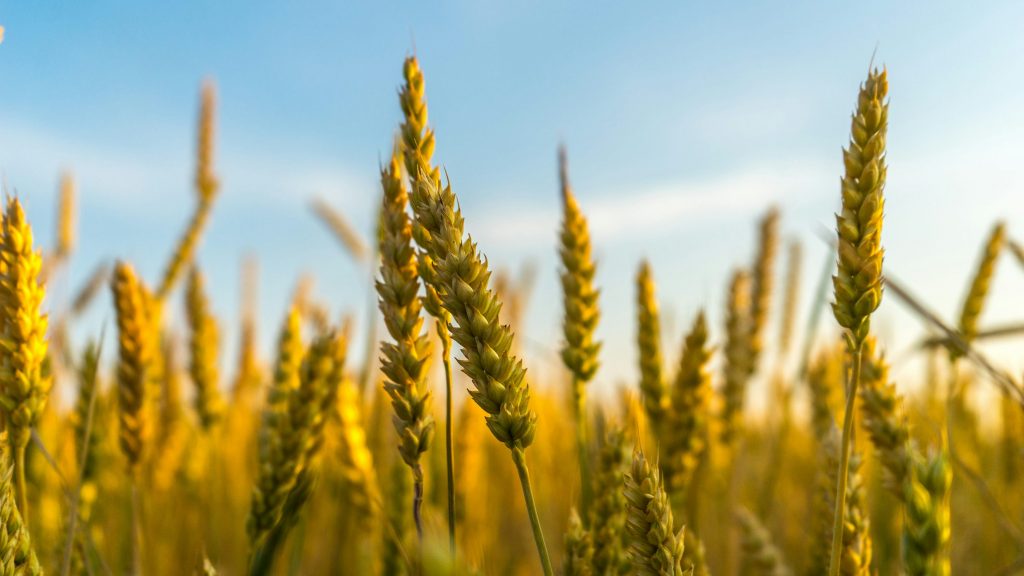
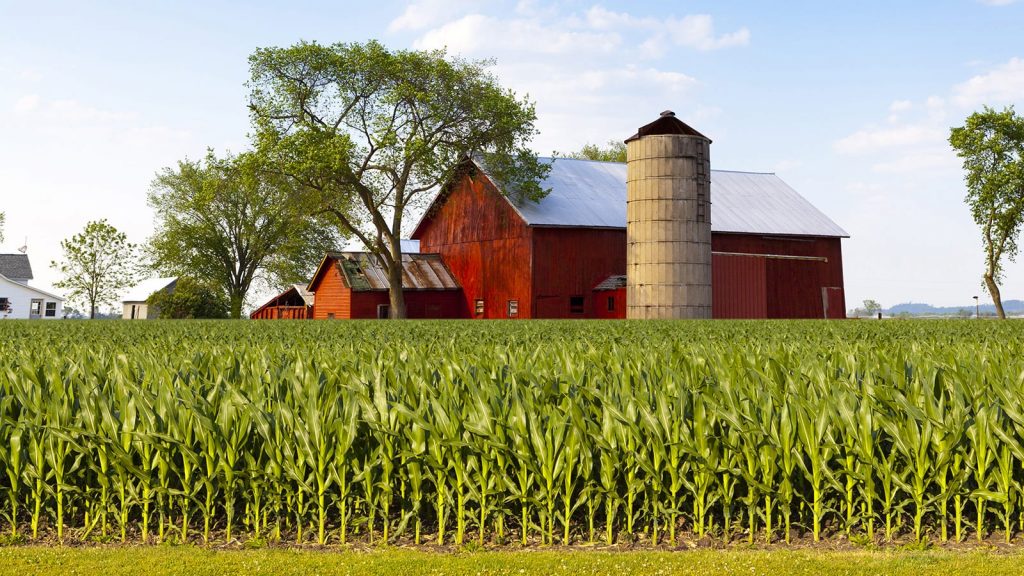
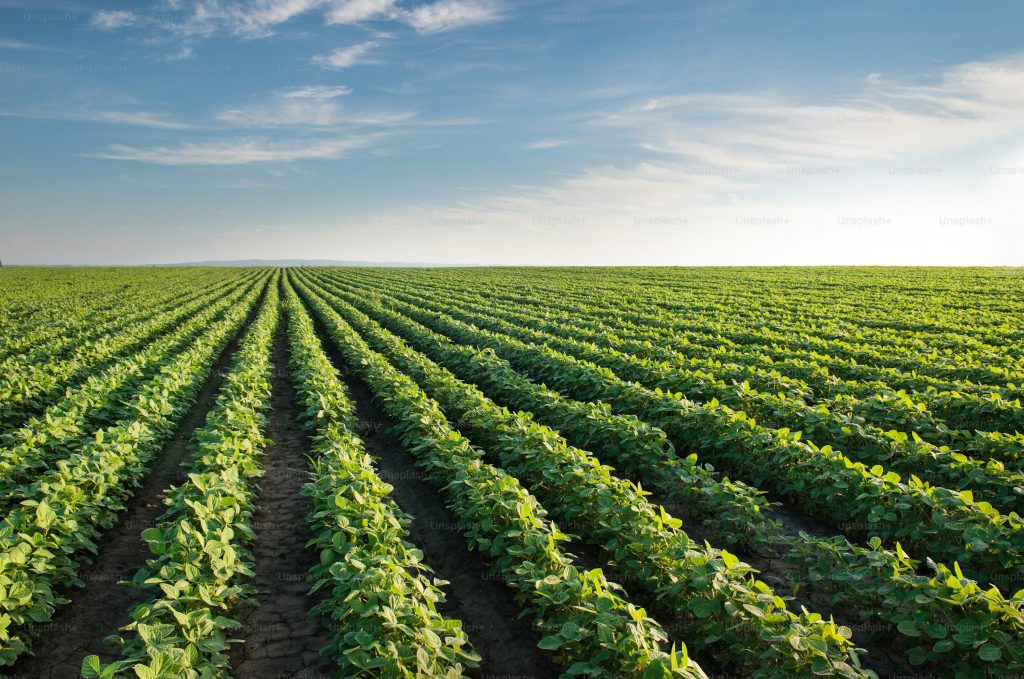


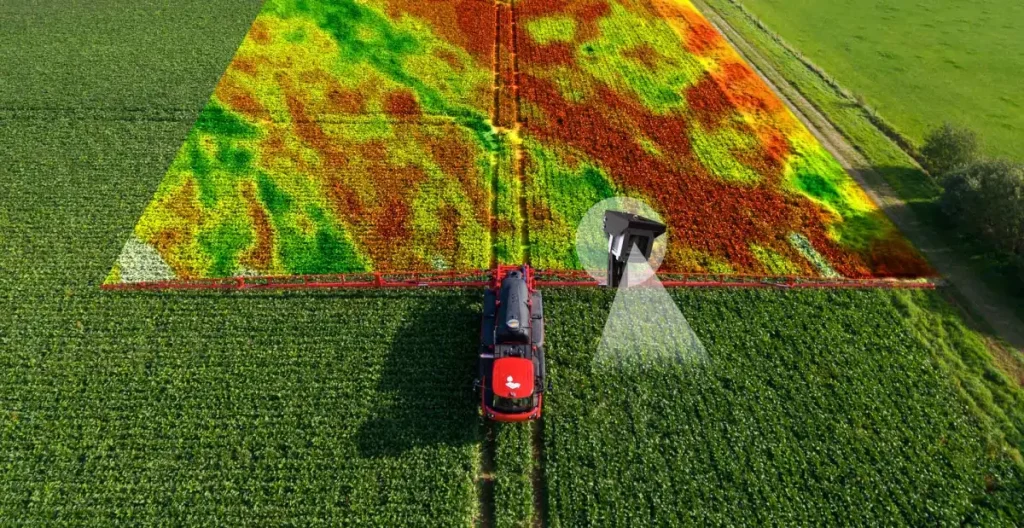
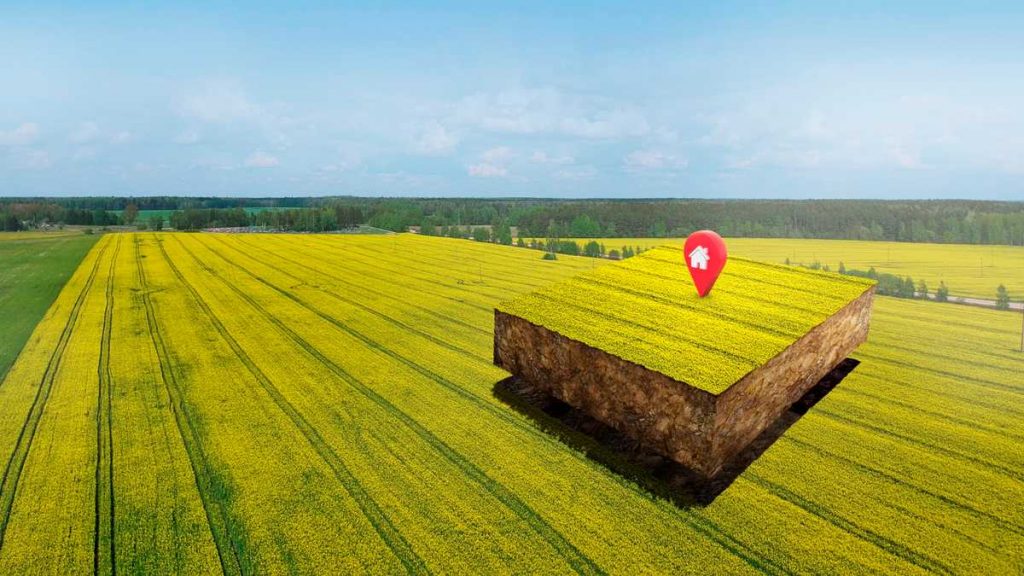
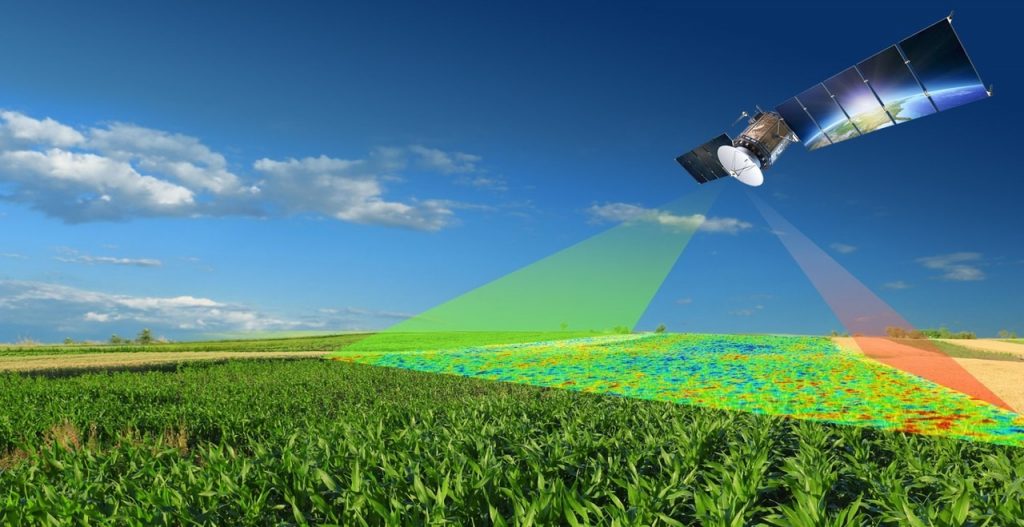
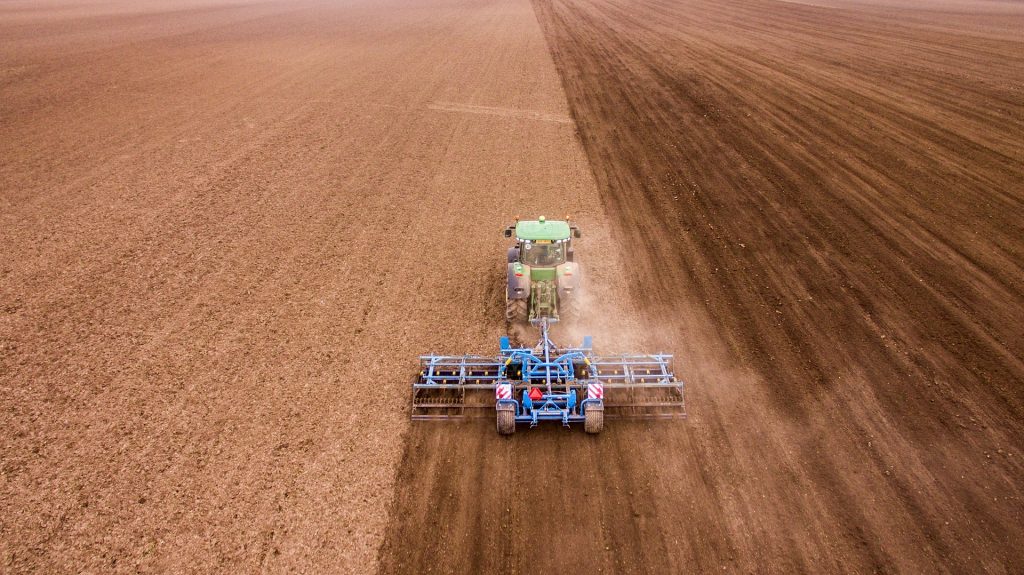
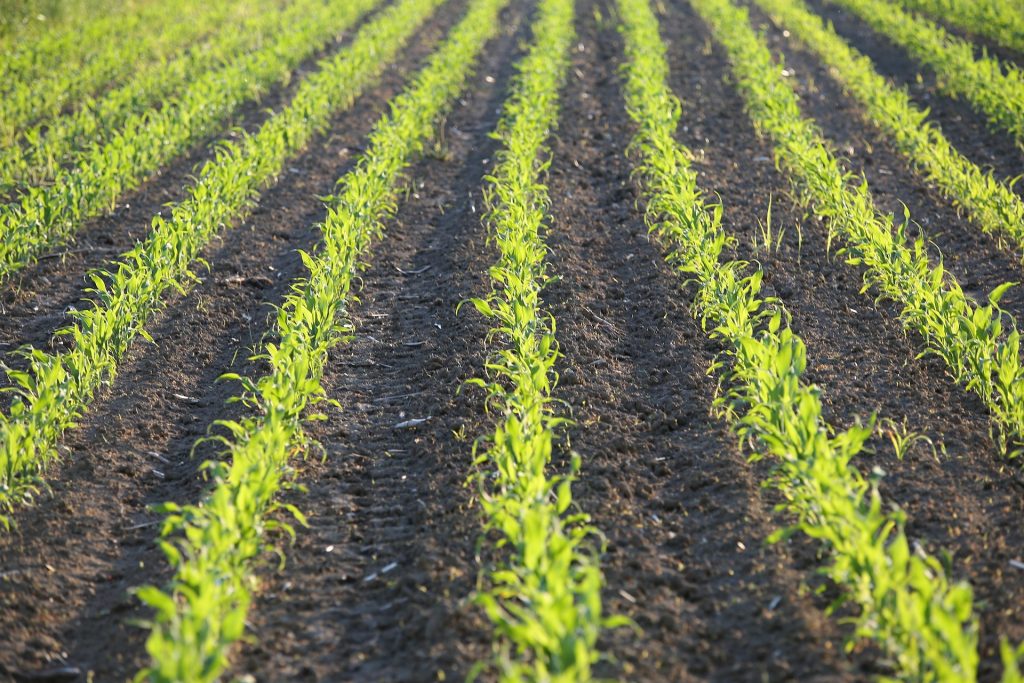
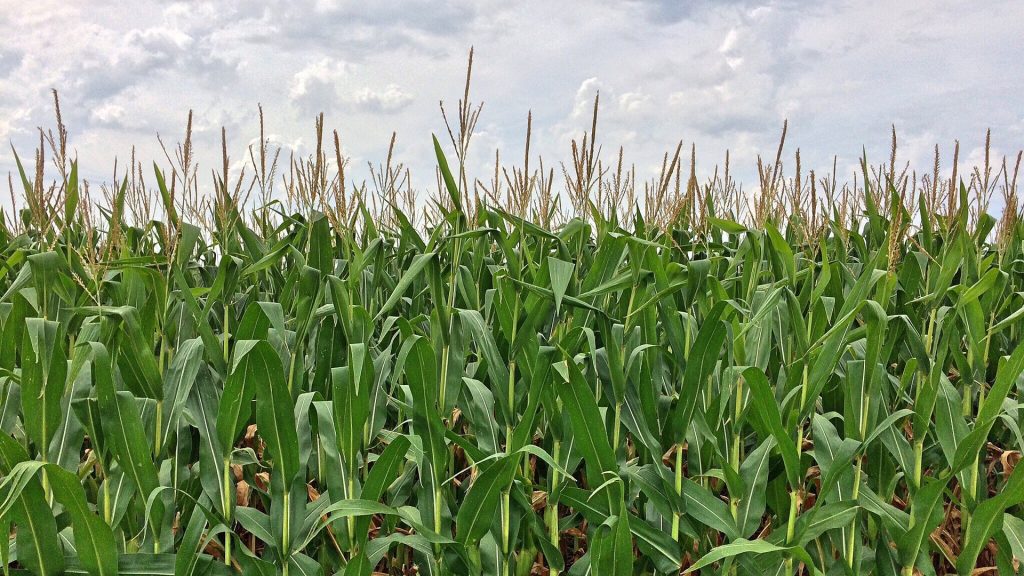
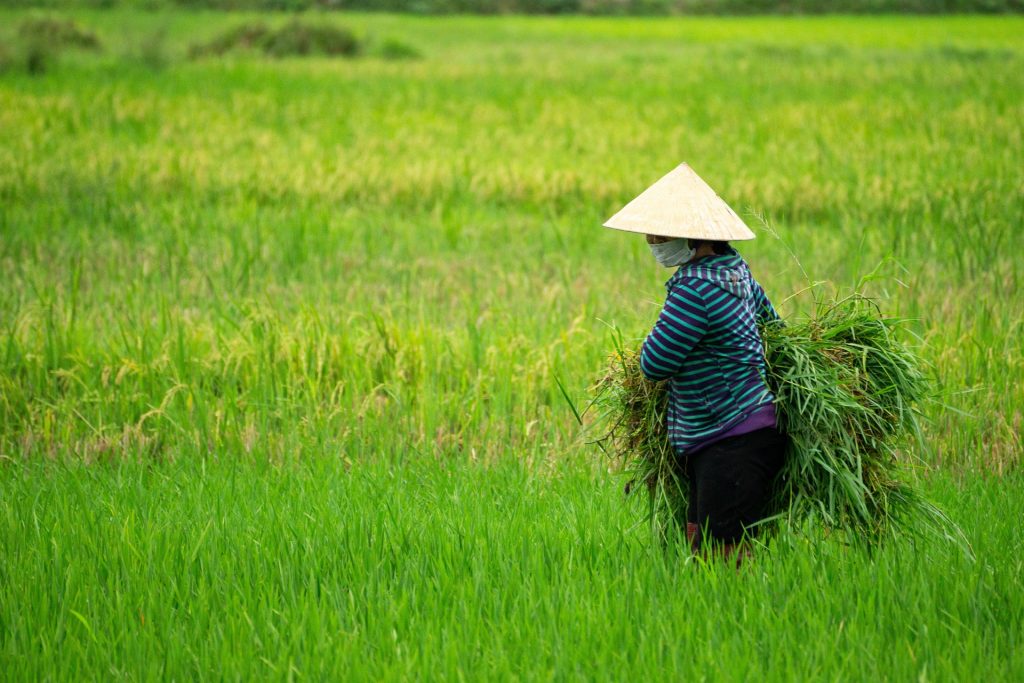

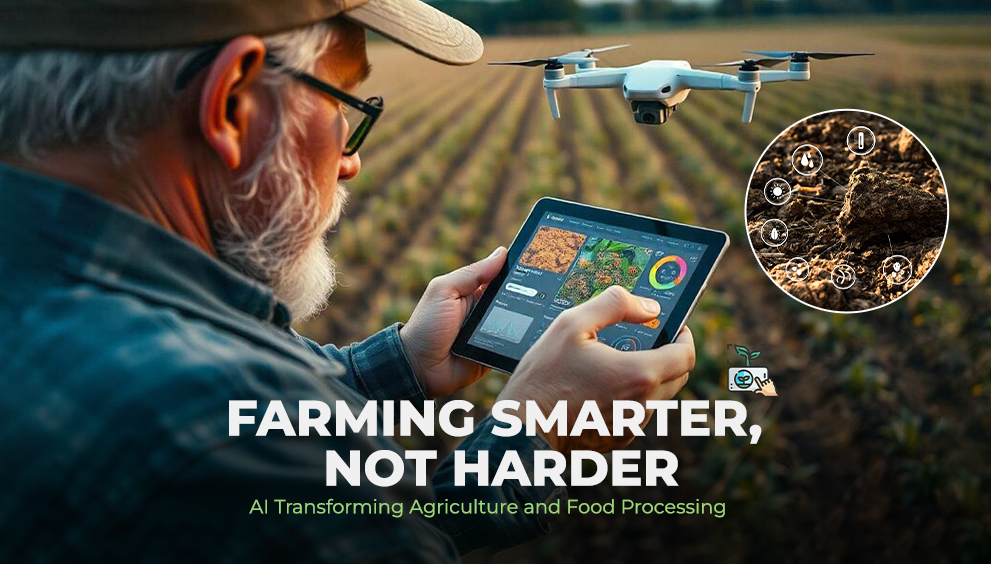
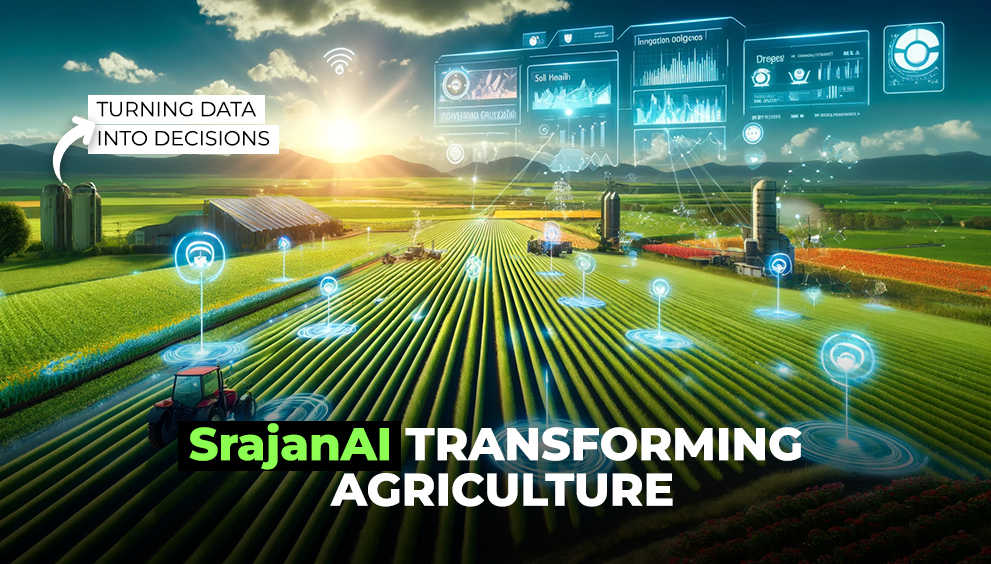
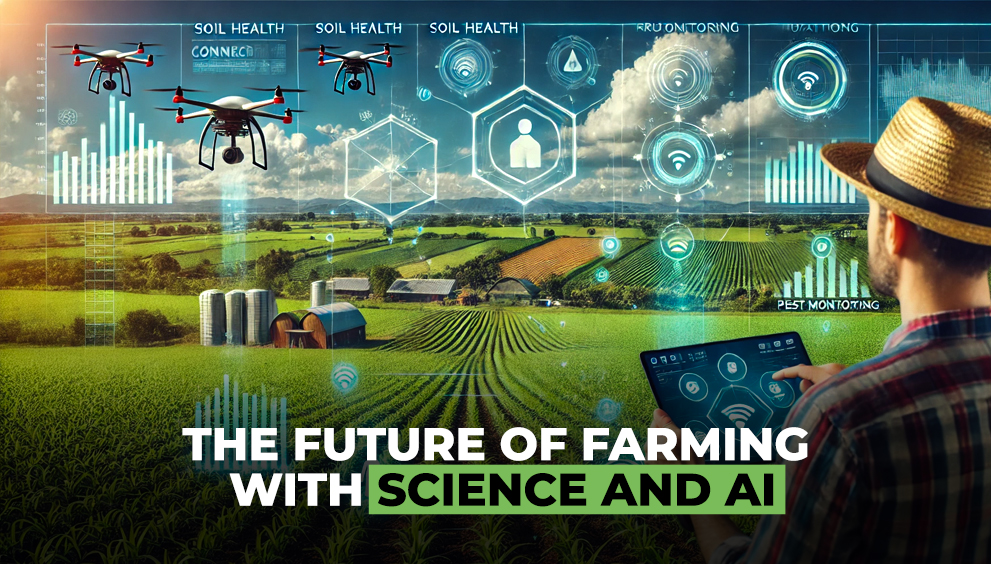
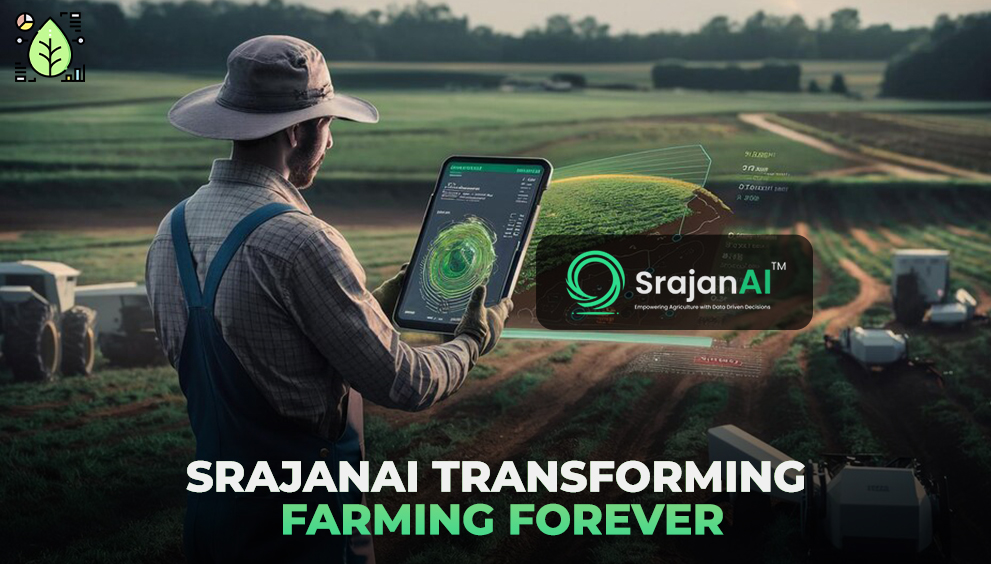
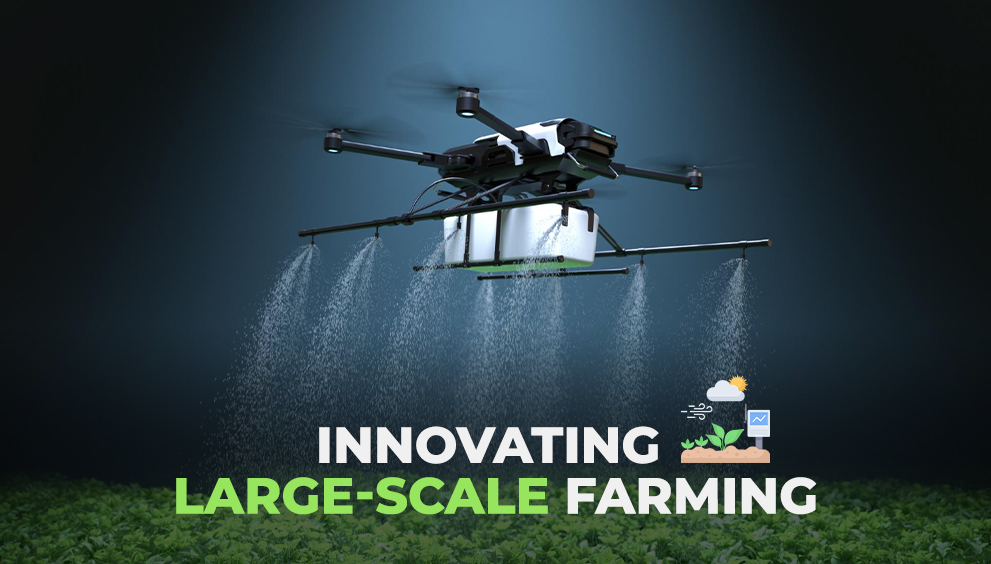
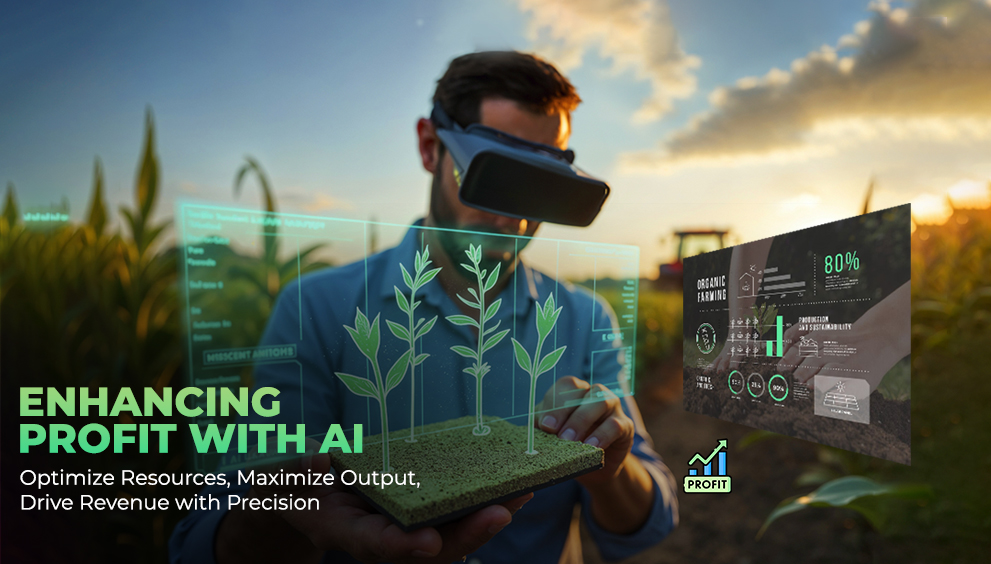

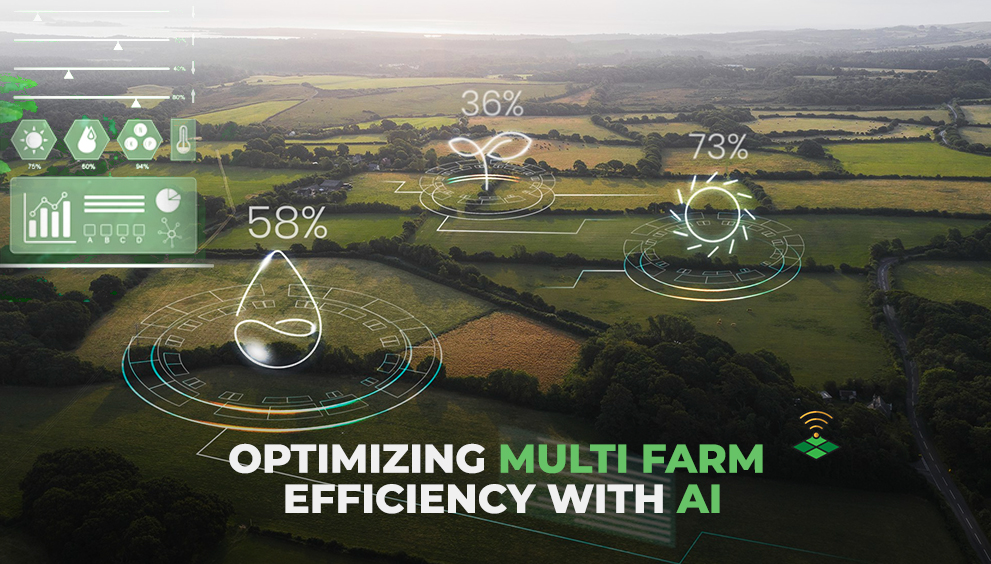
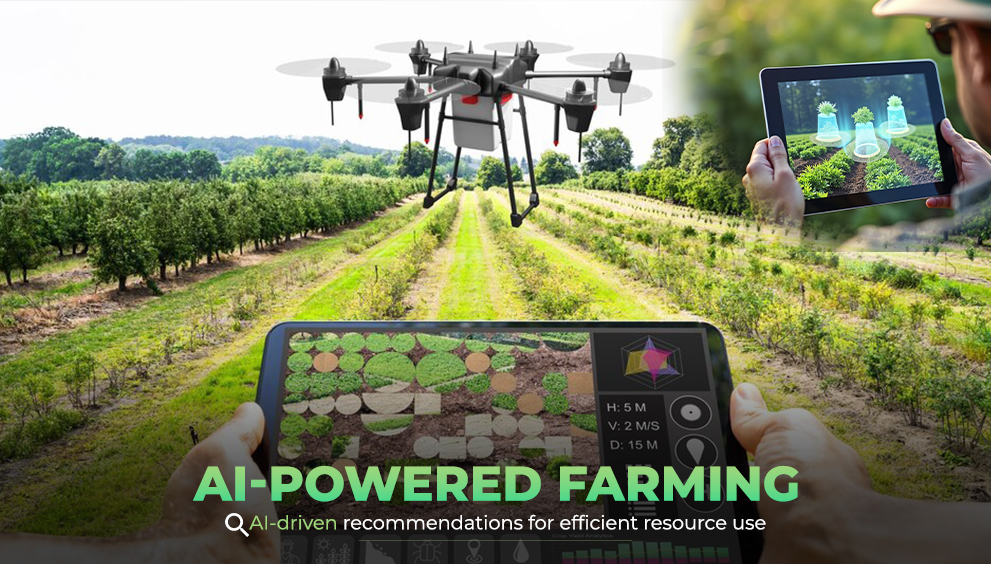
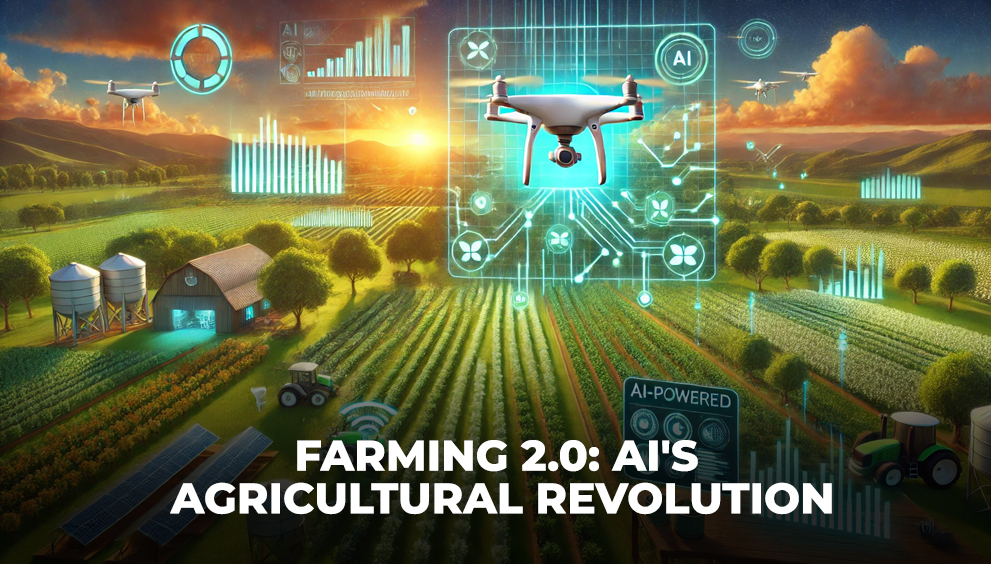
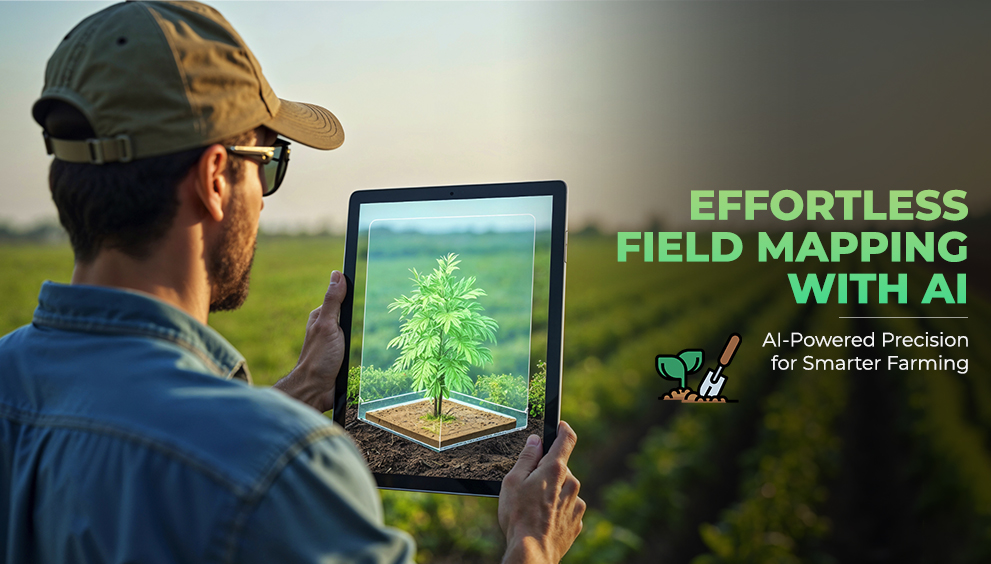
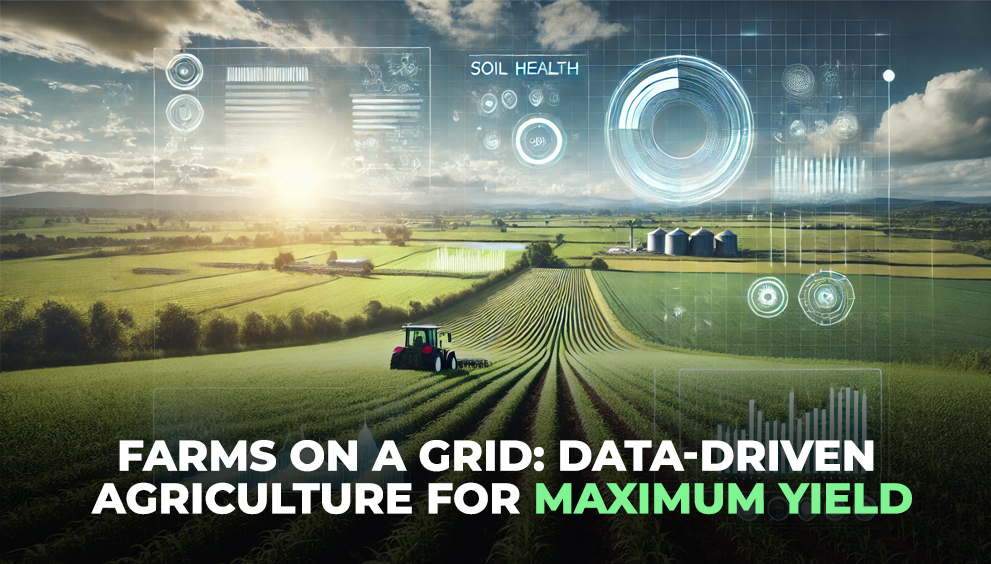
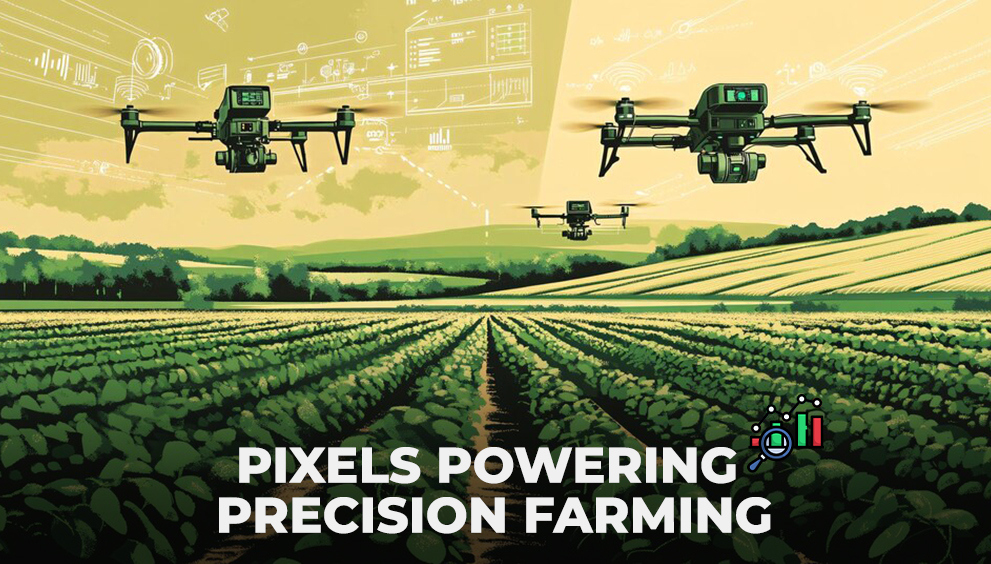
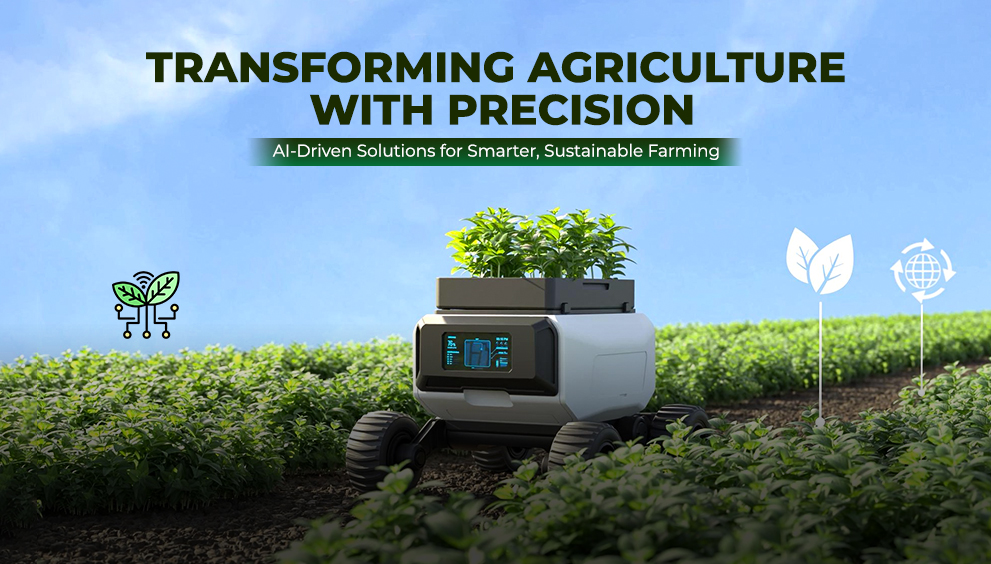
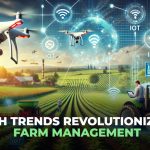
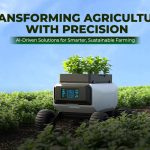
xsvietlot
04th Dec 2025And the final lotto site…xsvietlot.com. I swear I’ll get lucky one day here. Fingers crossed. Anyone else chasing the dream here?: xsvietlot
win678vn
04th Dec 2025Listen up! Been cruising around win678vn for a bit now. Digging the selection of games, especially the live dealer stuff. Adds a real kick to the experience. Customer service was quick when I had a question. Give win678vn a whirl, you might just get lucky!
vu88ad
04th Dec 2025Hey gamers, checked out vu88ad and it seems pretty legit. Some interesting promos I saw. Might be worth checking out for some good deals! vu88ad